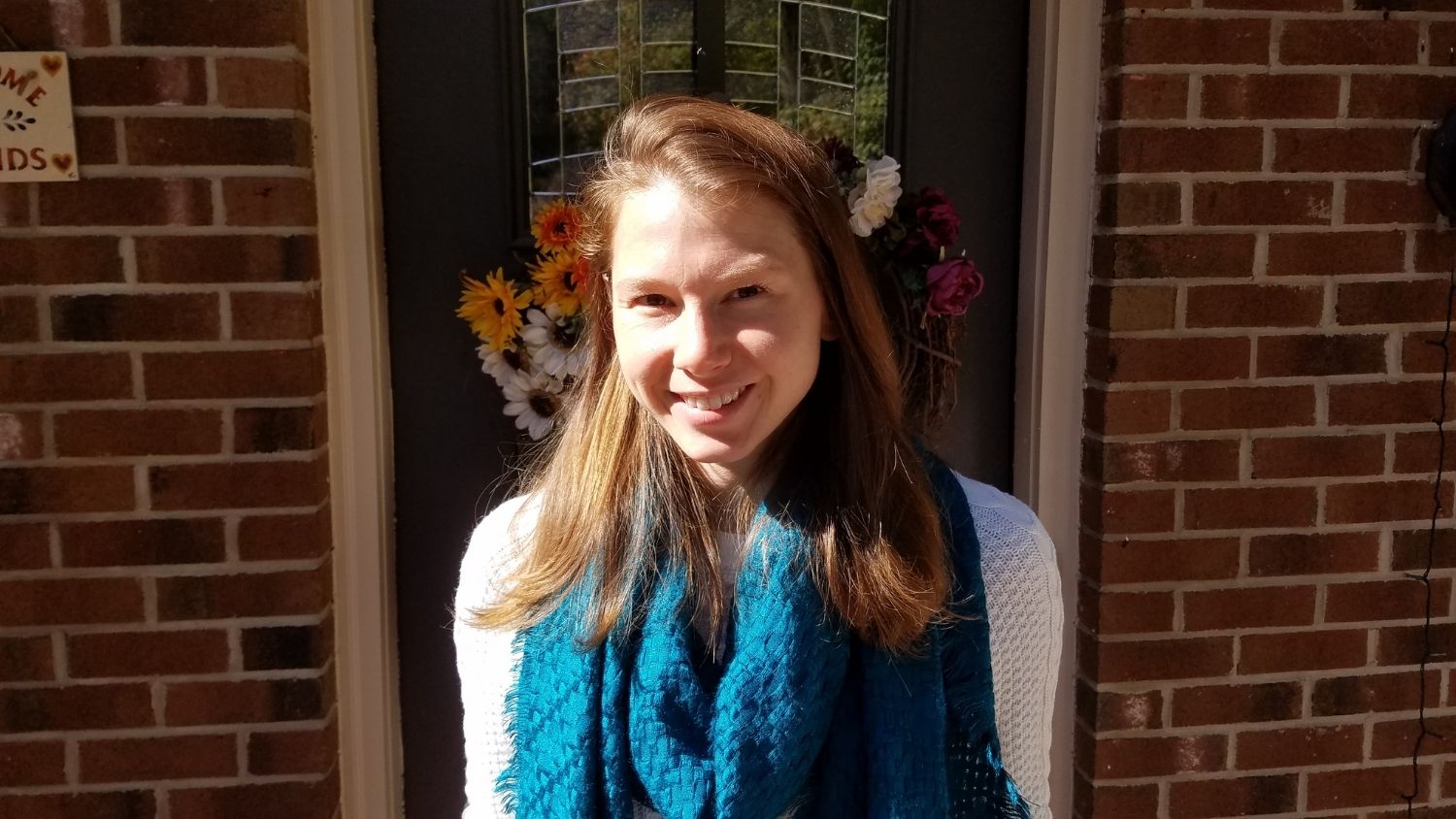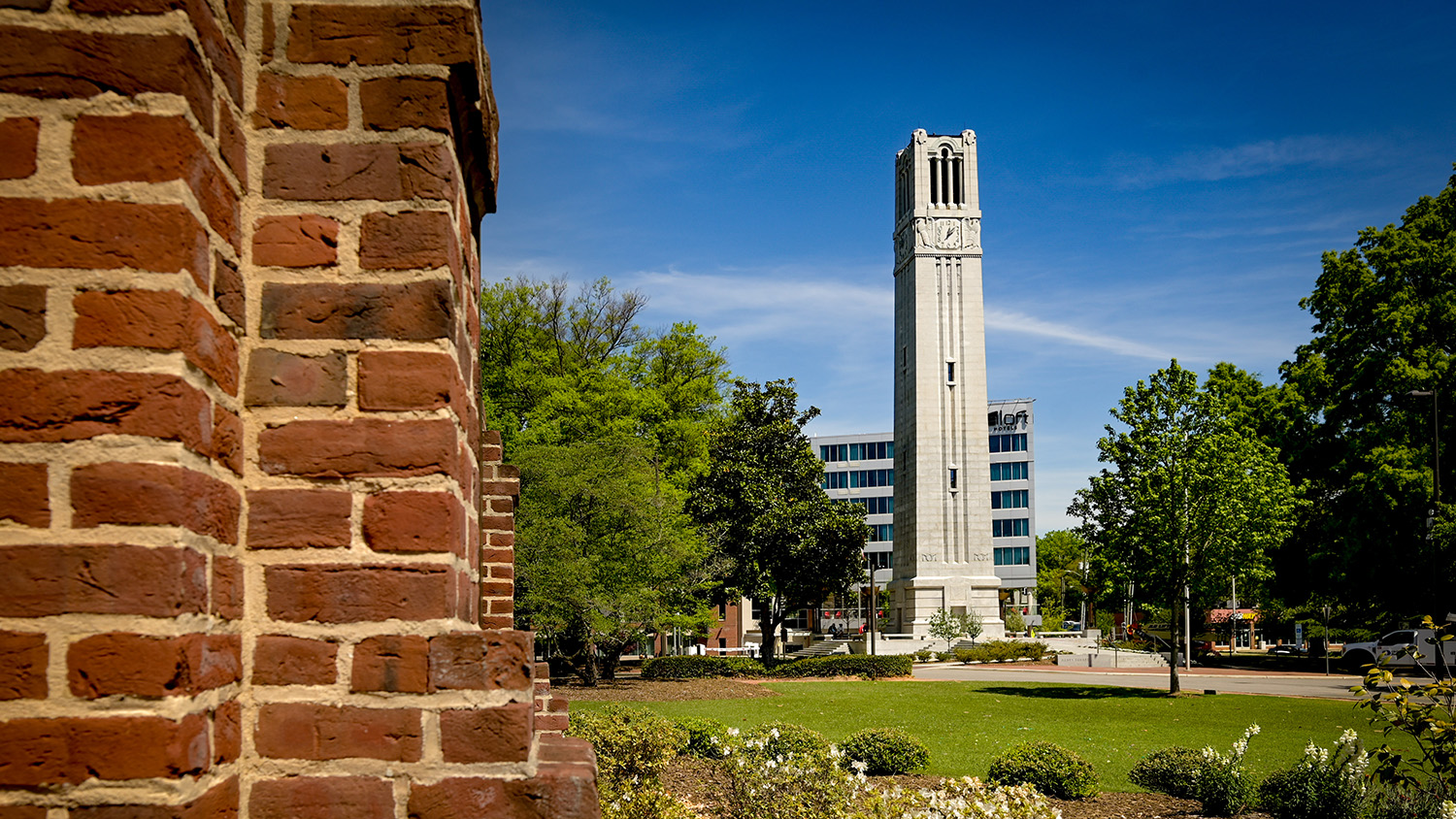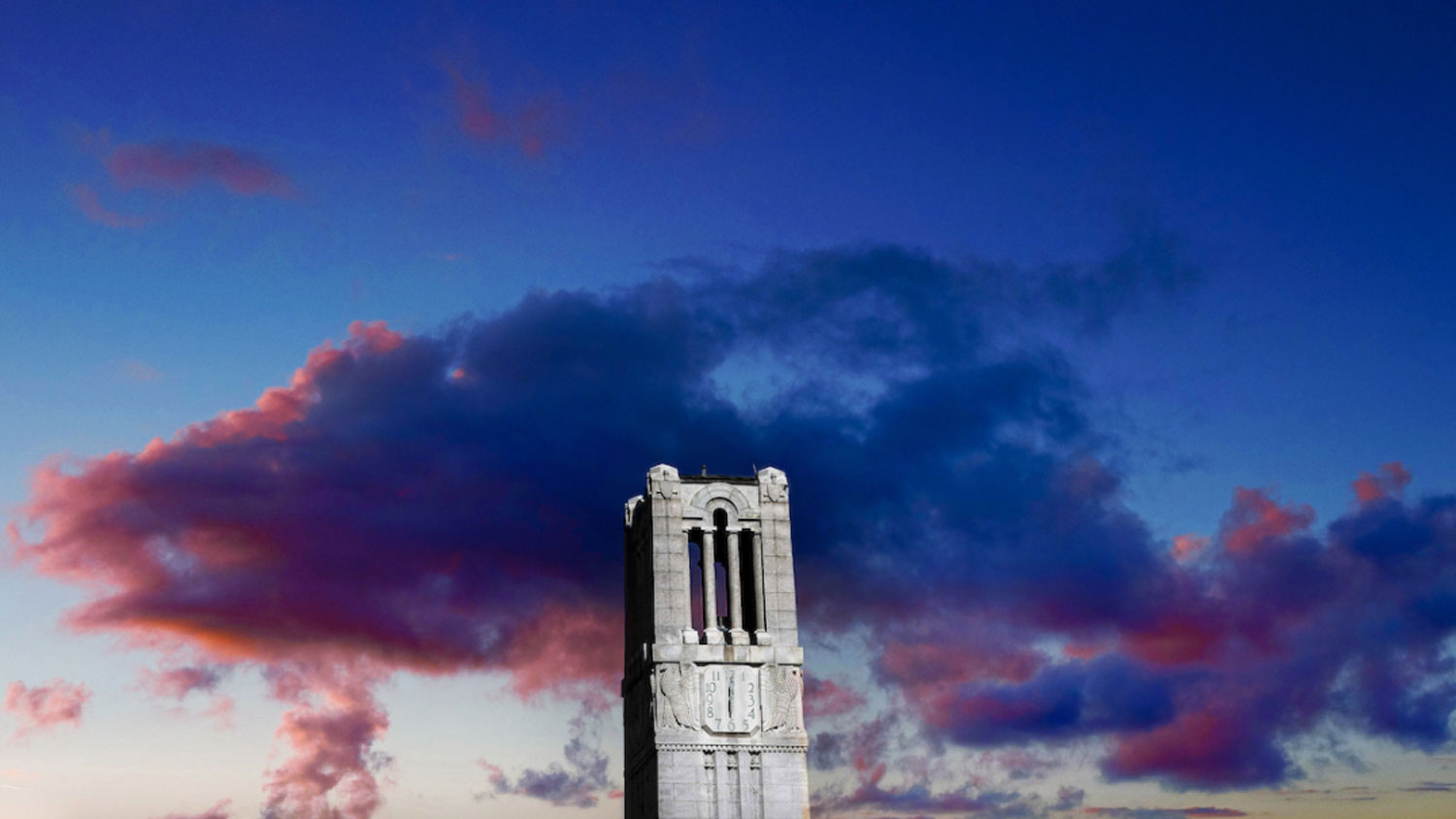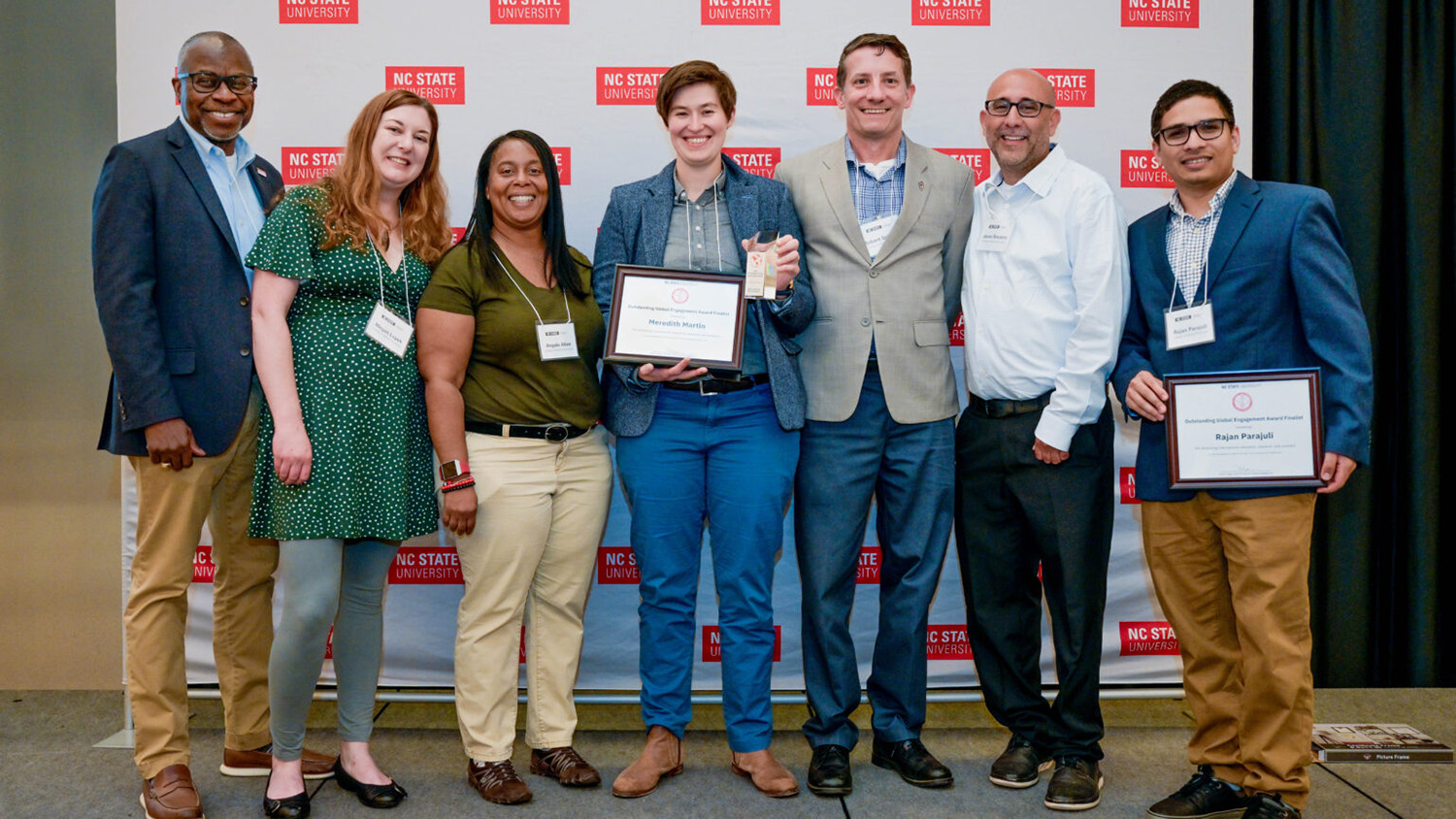Global Change Fellow Justine Neville is Seeking Answers About Saltwater Intrusion

Justine Neville is a Ph.D. candidate in the Department of Forestry and Environmental Resources at NC State’s College of Natural Resources. She is studying the hydrologic drivers of landscape vulnerability to saltwater intrusion in the Albemarle-Pamlico Peninsula.
Justine, who also earned her bachelor’s in environmental technology and management and master’s in forestry and environmental resources at NC State, was recently selected as a Global Change Fellow.
The Global Change Fellows program is designed to support students across multiple disciplines who are passionate about fighting climate change. We asked Justine to tell us more about her research and involvement in the program.
What encouraged you to enter your field of study?
I grew up along the Hudson River, which has been a notoriously polluted river for decades. I found the river absolutely breathtaking but always wanted to do something to help make up for the havoc that humans can wreak on the environment. This, alongside the passionate and excellent professors within the College of Natural Resources, helped guide me down my educational road in the field of hydrology.
What is the focus of your research?
My research focuses on better understanding the hydrometeorological drivers of saltwater intrusion and how both these drivers, as well as landscape alterations, impact overall landscape vulnerability to saltwater intrusion. The overall scope of my work seeks to bring a human dimension into traditionally natural sciences in order to more holistically understand the process of saltwater intrusion.
How do you hope to make an impact through your research?
Saltwater intrusion is not a localized issue but rather one that extends globally across many coastal regions. My work has global implications through its focus on better understanding what drives saltwater intrusion events so we can better predict where salinization may occur in the future, and which specific ecosystems may need early adaptive planning to avoid critical transitions to new ecosystems.
Humans and the landscape are inextricably linked, and it is my hope that this work will aid coastal land managers in the characterization of saltwater intrusion occurring at individual sites, as well as inform them about how changing the landscape may impact regional vulnerability to saltwater intrusion.
How has the College of Natural Resources helped you along the way?
The College of Natural Resources has been an excellent resource throughout my degree. From their excellent library, to enabling easy access to field equipment and departmental vehicles for field work, I would not be where I am in my degree without them.
What advice do you have for those who want to enter this field?
I highly recommend learning to code. Regardless of the field you choose to pursue, experience with any programming language will get you really far.
What future aspirations do you have in your field of study?
I would like to complete my degree and continue on within research, entering into the field of sociohydrology where the interactions between humans and the water cycle are deeply studied. This field has critical implications for water policies and management and is increasingly important as Earth’s climate changes.
- Categories:


